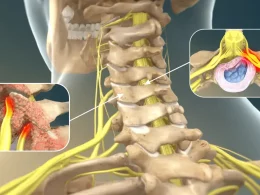For many athletes, gaining weight is a strategic decision to enhance performance, increase strength, and improve overall athletic capabilities. Unlike the conventional idea of weight gain, which might be indiscriminate, athletes need to focus on gaining lean muscle mass while minimizing fat gain. This process, known as “performance fueling,” requires a well-planned approach combining nutrition, training, and recovery. In this article, we explore effective strategies for healthy weight gain tailored to athletes, aiming to boost their performance without compromising health.
Understanding Healthy Weight Gain for Athletes
Gaining weight for athletic performance isn’t merely about increasing caloric intake; it’s about a calculated balance between diet, exercise, and recovery. Athletes need to focus on gaining muscle rather than fat. This kind of weight gain improves strength, power, and endurance, which are crucial for athletic performance. Muscle vs. Fat: Muscle gain is more beneficial than fat gain for athletes. Muscles contribute to strength and power, while excess fat can hinder performance.
Dietary Strategies for Healthy Weight Gain
The cornerstone of healthy weight gain is a well-structured diet plan that aligns with the athlete’s training regimen. Here are some dietary strategies: Frequent Meals: Eating every three to four hours helps maintain a constant supply of nutrients to the muscles, aiding in growth and recovery.
Training for Weight Gain
Gaining healthy weight requires a specific approach to training: Strength Training: Focus on strength training exercises that promote muscle hypertrophy (growth). Compound movements like squats, deadlifts, and bench presses are particularly effective.
Recovery and Rest
Adequate rest and recovery are essential components of a weight gain program:
Monitoring and Adjusting the Plan
Regular monitoring and adjustments are crucial to ensure healthy weight gain:
Psychological Aspects
Weight gain, especially in sports that emphasize leanness, can be psychologically challenging:











